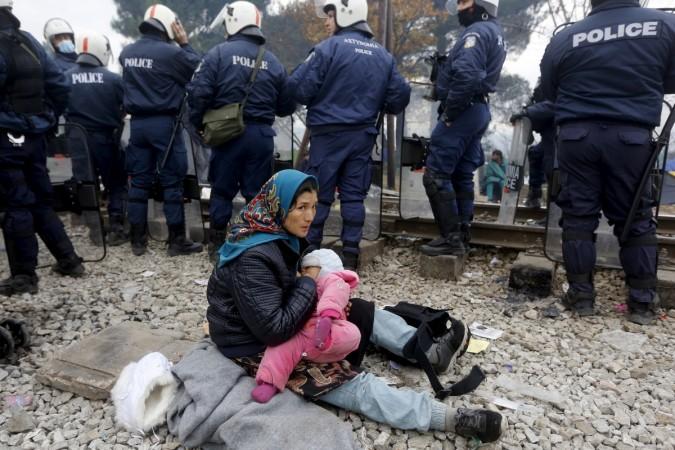
As the World Breastfeeding Week (Aug 1- 7) kicks off today, the United Nations Children's Emergency Fund (UNICEF) has said that delaying breastfeeding of the baby in the first few hours of birth can markedly increase their risk of dying.
UNICEF said in a statement that delaying breastfeeding by 2-23 hours after birth increases the risk of dying in the first 28 days of life by 40 percent while delaying it by 24 hours or more increases it to 80 percent.
One in two children (nearly 77 million) globally are not put to the breast within an hour of birth, depriving them of essential nutrients, antibodies and skin-to-skin contact with their mother that protect them from disease and death.
"Making babies wait too long for the first critical contact with their mother outside the womb decreases the newborn's chances of survival, limits milk supply and reduces the chances of exclusive breastfeeding," France Bégin, UNICEF Senior Nutrition Adviser, said in a statement. "If all babies are fed nothing but breastmilk from the moment they are born until they are six months old, over 800,000 lives would be saved every year," Bégin added.
According to UNICEF, globally, only 43 percent of infants under six months old are exclusively breastfed. Babies who are not breastfed at all are 14 times more likely to die than those who are fed only breastmilk. So breastmilk (given in any amount) substantially reduces the risk of death among children.
"Babies who received no breastmilk at all are seven times more likely to die from infections than those who received at least some breastmilk in their first six months of life," according to the statement.
However, the rate of breastfeeding is witnessing an increase in most countries.
In sub-Saharan Africa (where under-five mortality rates are the highest worldwide), early breastfeeding rates increased 10 percent since 2000 in East and Southern Africa but have remained unchanged in West and Central Africa.
In South Asia, although the rates of early breastfeeding initiation tripled in 15 years – from 16 per cent in 2000 to 45 percent in 2015 — about 21 million newborns still wait too long before they are breastfed, the UNICEF added.
"Breastmilk is a baby's first vaccine, the first and best protection they have against illness and disease. With newborns accounting for nearly half of all deaths of children under five, early breastfeeding can make the difference between life and death," Bégin added.
One of the reasons for delayed breastfeeding could be the absence of skilled attendant at the time of giving birth. Women who gave birth to babies in presence of skilled professionals/ attendants were more likely to breastfeed.
In some cultures, the practice of feeding babies with certain liquids may also lead to delayed breastfeeding, which reduces the chances of babies being breastfed in future as well.















